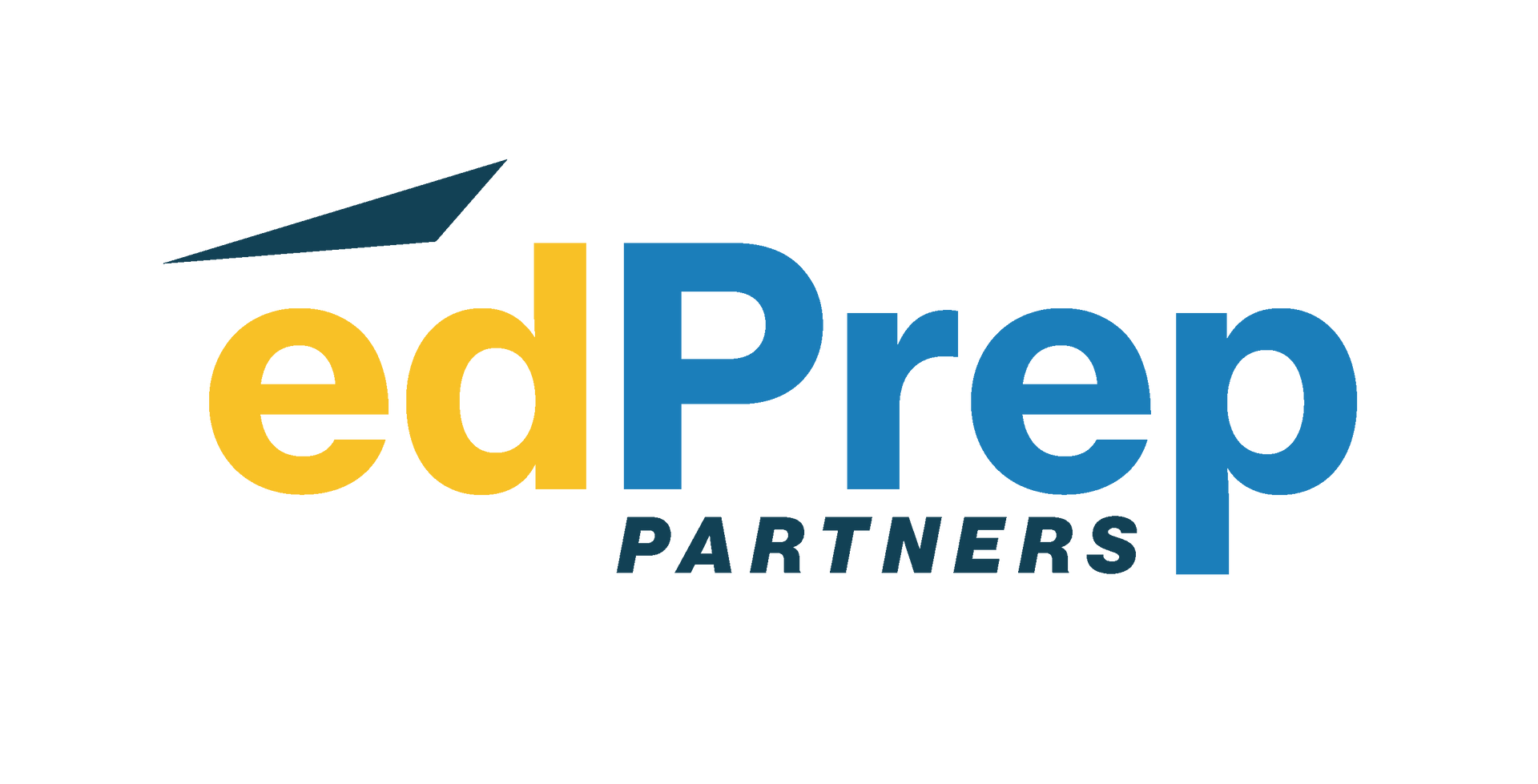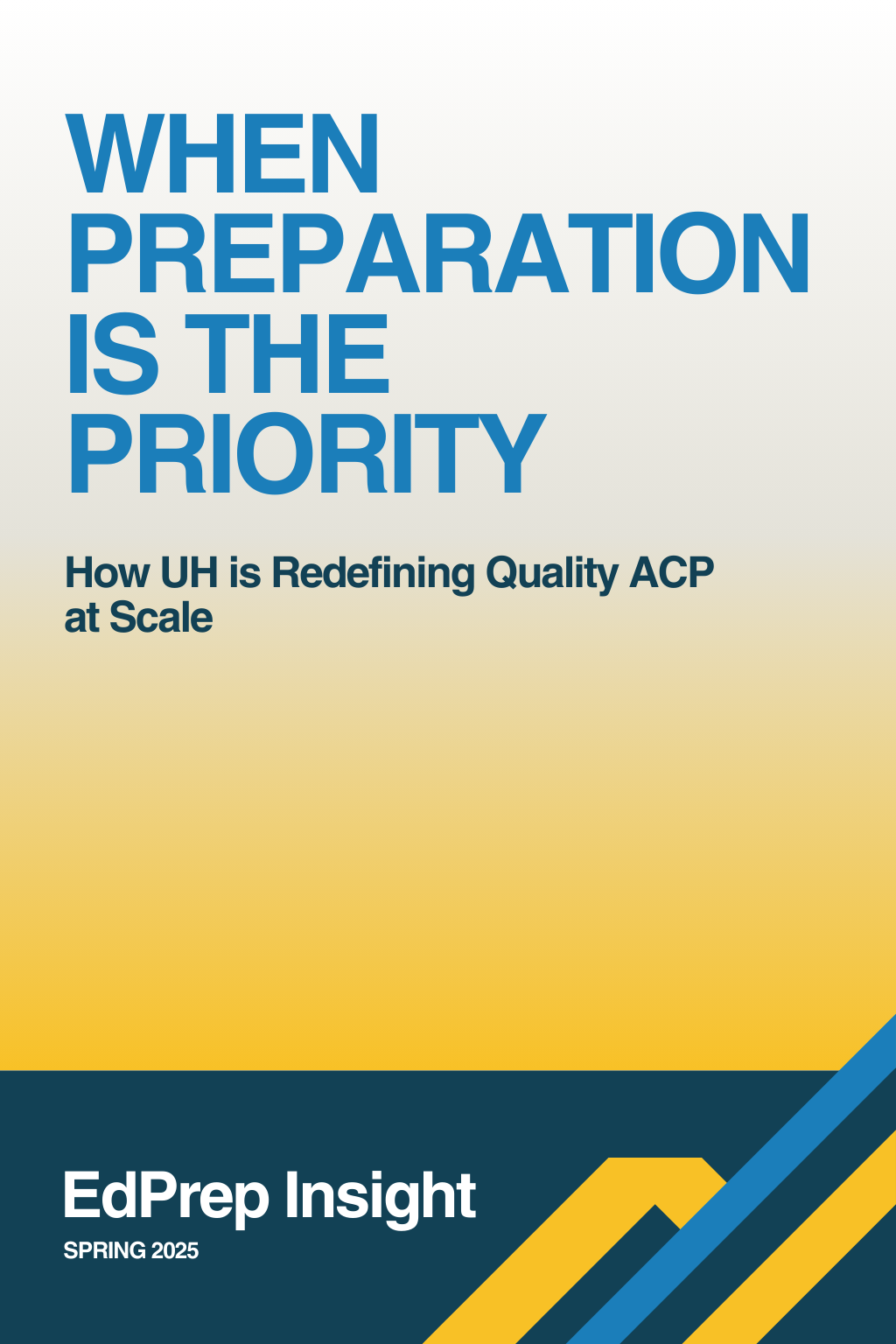When Prep is the Priority
When Preparation Is the Priority: How the University of Houston Is Redefining Quality ACP at Scale
The Big Picture: Preparation, Not Pathway
As the nation continues grappling with how to solve the teacher shortage, one question—often unspoken—keeps surfacing: traditional, alternative, or no preparation at all?
It’s time to take one variable off the table. This is no longer a debate about pathway. It’s about preparation. As we’ve outlined in a previous EdPrep Insight—Ready or Not: What Texas’ 2024–2025 Data Reveals About Teacher Preparation Gaps—the real dividing line is between programs that prepare teachers to be ready on day one, and those that don’t.
Unfortunately, and far too often—no matter the pathway—preparation is the missing piece.
The result? Let’s look at Texas—one of the nation’s largest producers of year-zero teachers—during the 2024–2025 academic year:
- 43,771 teachers were newly hired across the state.
- 31% (≈13,569 teachers) were hired without a Texas teacher certification or SBEC-issued permit.
- Just 12.3% (≈5,382 teachers) were hired with a Standard Certificate and completed clinical student teaching.
Texas hired nearly 44,000 new teachers last year. But nearly one in three entered the classroom without certification or a state-issued permit. Fewer than 13% were fully certified with completed clinical student teaching. This isn’t an exception—it’s the system. And it’s failing to prepare—especially those teachers just starting in the profession, those who support and work alongside year-zero teachers on campus, and ultimately, the P–12 students they serve.
UH ACP: From Pilot to Scale
Back in 2022, during our time working at US PREP National Center, two colleagues and I met with two visionary leaders who were growing increasingly concerned about declining enrollment and meeting the needs of their district partners. Enrollment in their teacher preparation program was falling, and districts were sounding the alarm—they weren’t producing enough educators.
Dr. Shea Culpepper and Dr. Amber Thompson, leaders of the University of Houston (UH) teacher preparation program, went all-in. Together, with the support of the Houston Endowment, we co-designed a scaled alternative certification program (ACP) that has helped redefine what quality can look like in a university-based ACP.
We built on more than 15 years of learning from innovative alternative preparation programs across the country—models and structures proven to rapidly develop teacher candidates while meeting the real-time needs of P–12 districts. Programs like Teaching Excellence at YES Prep Public Schools, Urban Teachers, Relay Graduate School of Education, Sposato, and Alder GSE have led the way in demonstrating what’s possible when design is grounded in practice.
UH launched its ACP with just 17 candidates in its first year, partnering with two school districts. In year two, enrollment grew to 106 candidates and five districts. Now, just over two years since that first planning meeting, UH is on track to enroll just under 200 candidates in districts across the Houston area for the 2025–26 school year.
That means more than 200 well-prepared teachers will enter Houston-area classrooms—backed by a program that has scaled with intention, not compromise. To support this growth, UH now has eight full-time Site Coordinators to support candidates, ensuring the program not only expands—but strengthens.
At a time when most university-based teacher preparation programs are shrinking, UH is opening new pathways. Not because it lowered the bar—but because it raised it across all programs and pathways. And because it listened—to districts, to candidates, and to what the research tells us works.
What Makes Alternative Certification Work: Elements of High-Quality ACP
Not all ACPs are created equal. In fact, much of the skepticism around alternative certification stems from programs that shortcut preparation—offering minimal training, limited coaching, and few performance expectations before teachers take full responsibility for a classroom.
But that’s not how it has to be.
High-quality ACPs share a set of non-negotiable design elements—structures that ensure teacher candidates are prepared to lead P-12 learning from day one. These elements are grounded in EdPrep Partners’ Performance Framework and reflect over a decade of national learning from programs that work.
The University of Houston’s ACP shows what’s possible when these elements are put into practice.
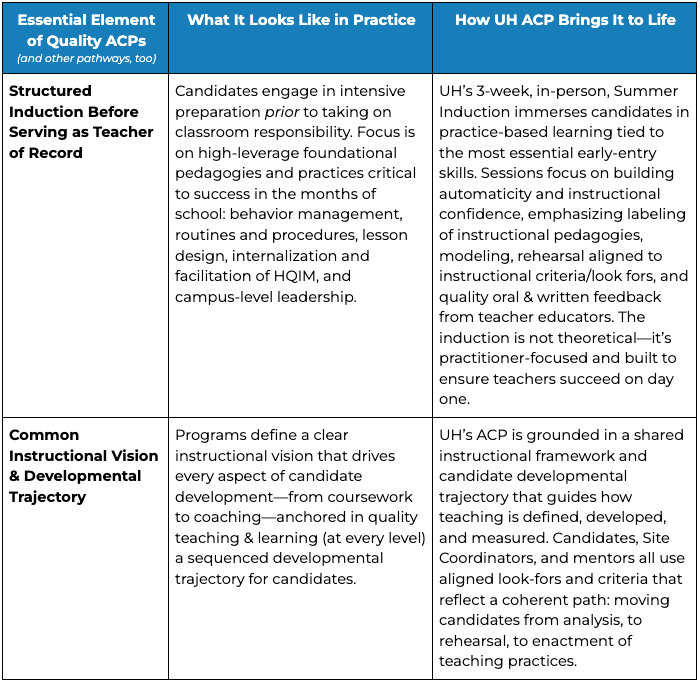
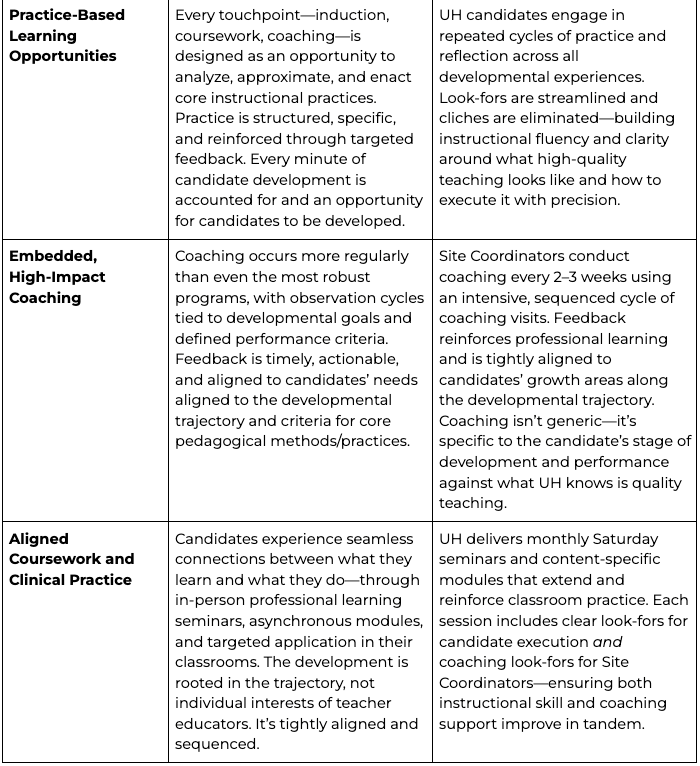
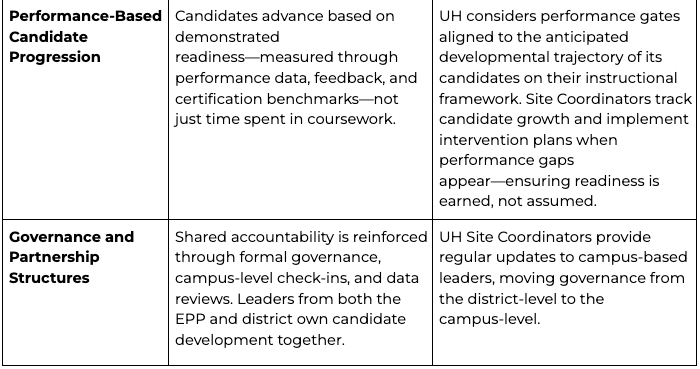
We Need More Programs Like This
At EdPrep Partners, we’ve long believed that quality ACP is not only possible—it’s necessary in today’s preparation landscape. UH’s program shows that when universities step up, collaborate with districts, and build programs that reflect what works, candidates choose them. Districts choose them. And teacher candidates and P-12 students benefit.
This isn’t about residency versus traditional versus ACP. It’s about preparation—doing it well, and doing it at scale. The University of Houston’s program proves that educator preparation programs don’t have to choose one model over another. UH has shown that it’s possible to offer both: a strong yearlong residency and a high-quality, scalable ACP.
That’s the bar: quality preparation at scale. It’s time more institutions rise to meet it. Candidates deserve access to a high-quality teacher preparation program—regardless of the pathway.
How We Support this Work
At EdPrep Partners, we work alongside educator preparation to build, strengthen, and scale what works. Our role isn’t to prescribe from a distance—it’s to partner deeply and help bring promising models to life with clarity, quality, and sustainability.
We help educator preparation programs:
- Design and implement research-backed programs that define what quality looks like across coursework, clinical experiences, and each and every candidate developmental experience.
- Develop and coach teacher educators—including faculty, field supervisors, and program leaders—ensuring they are equipped to deliver high-impact coursework, feedback, model and develop candidates aligned to the most effective practices, and guide their candidates along a clear developmental trajectory.
- Scale quality pathways—whether traditional, residency, or internship-based—without sacrificing rigor, ensuring that access and quality grow together.
We’re proud of UH’s growth—and we’re ready to help programs take the same bold step. Quality preparation at scale isn’t just possible, it’s essential.
Let’s make teacher preparation better—together.
Calvin J. Stocker
Founder & CEO, EdPrep Partners
Stay Connected
If you're interested in learning more, exploring collaboration or technical assistance, or just want to catch up, we’d love to connect:
About EdPrep Partners
Elevating Teacher Preparation. Accelerating Change.
EdPrep Partners is a national technical assistance center and non-profit. EdPrep Partners delivers a coordinated, high-impact, hands-on technical assistance model that connects diagnostics with the support to make the changes. Our approach moves beyond surface-level recommendations, embedding research-backed, scalable, and sustainable practices that most dramatically improve the quality of educator preparation—while equipping educator preparation programs, districts, state agencies, and funders with the tools and insights needed to drive systemic, lasting change.
